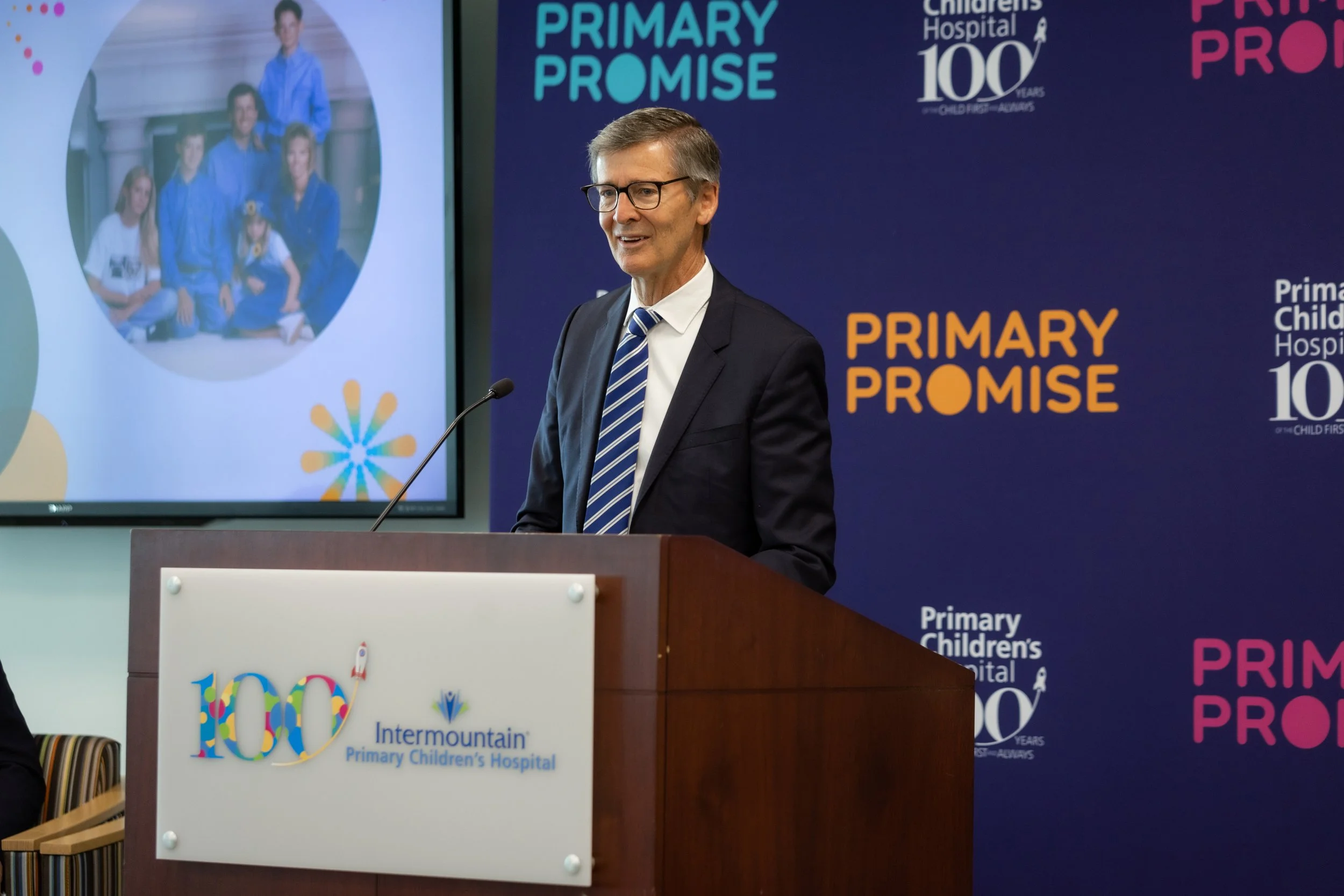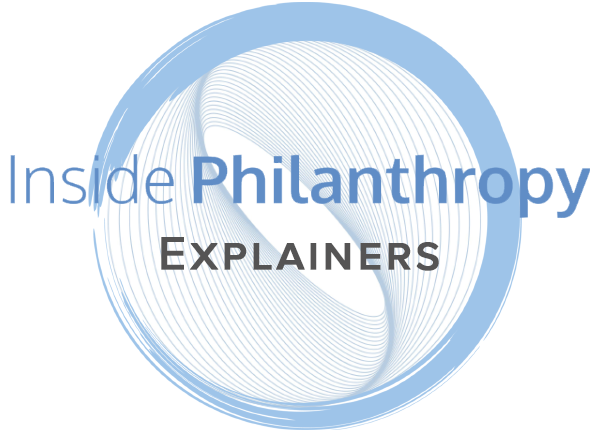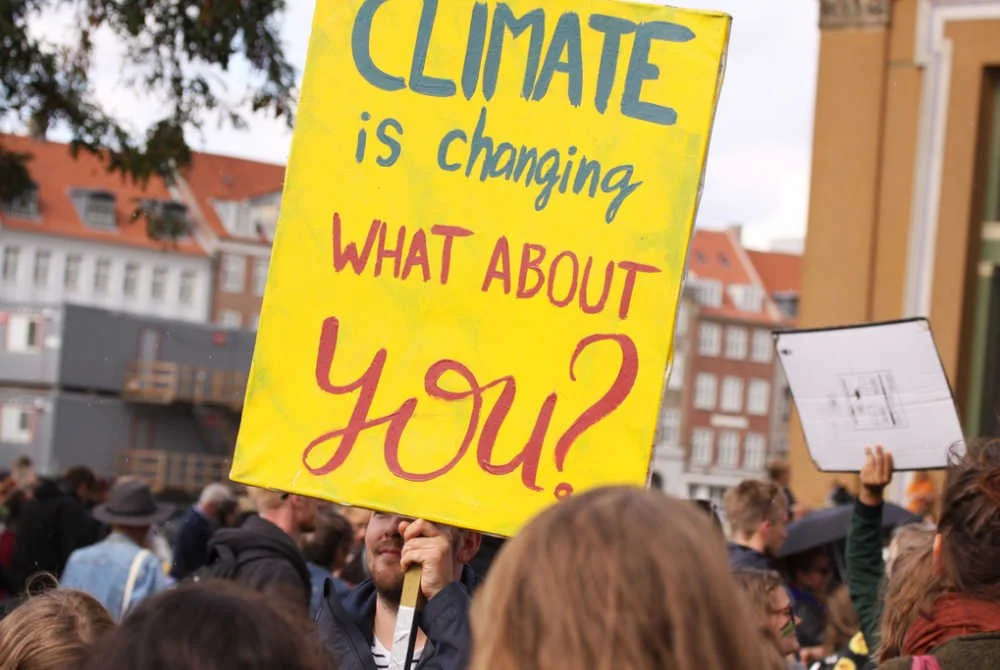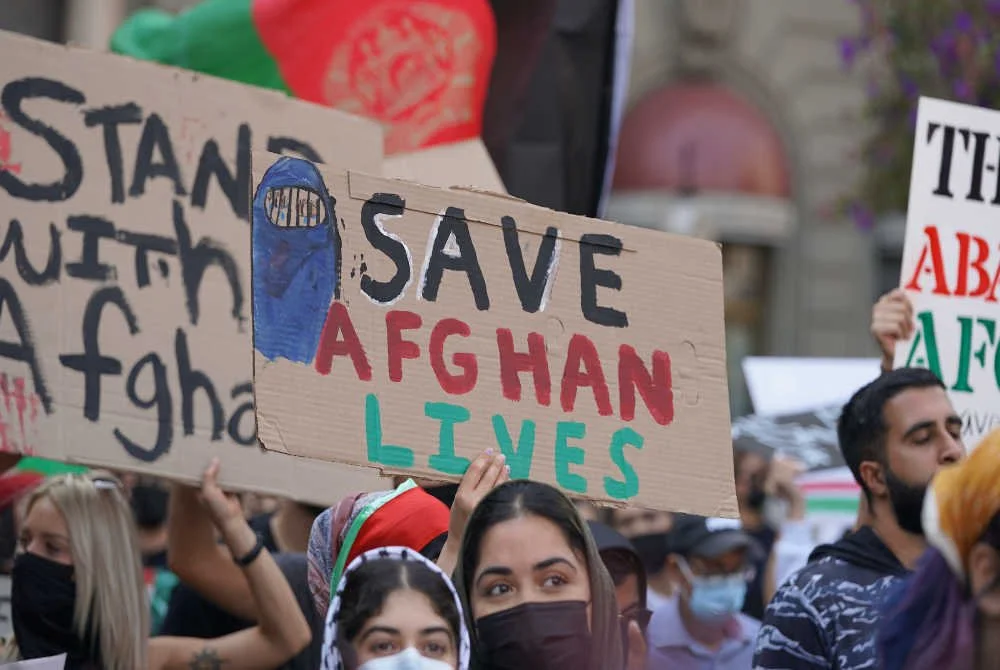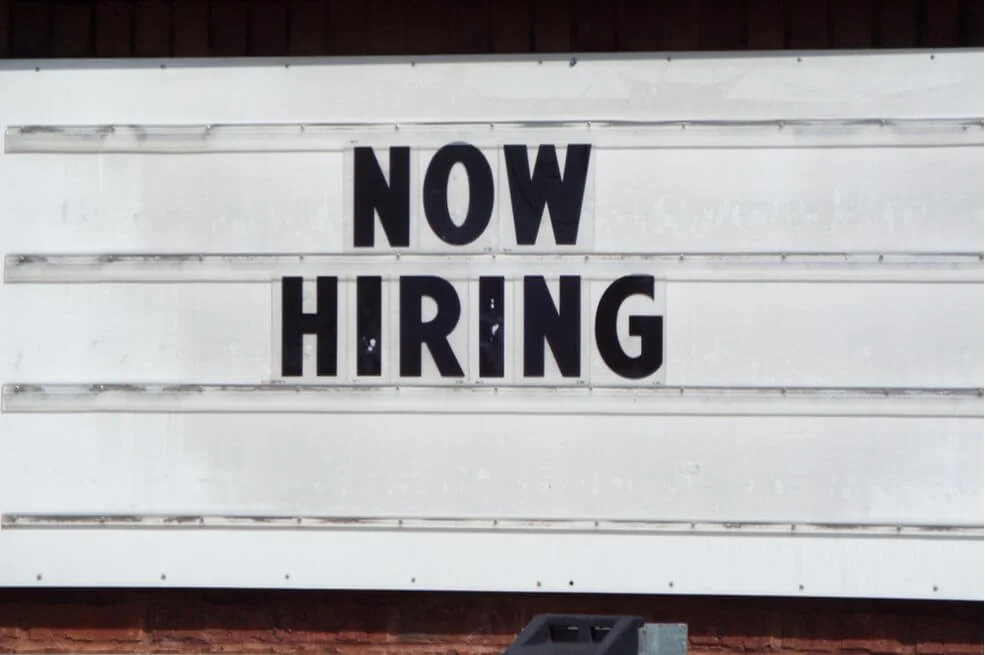"A Moment, Not a Marathon." The College Embracing a Different Kind of Capital Campaign
/picturetravels/shutterstock
Huge capital campaigns will likely persist as long as institutions can build close ties with high-net-worth donors. But after decades of ever-growing fundraising goals, more campaigns should break the mold of longer, larger drives—and be adjusted to fit social and economic realities, says Andrew Brown, vice president of advancement at Macalester College in Saint Paul, Minnesota.
Brown is overseeing a comprehensive campaign to raise $100 million for Macalester in just four years. While many institutions have raised similar amounts with fundraising drives for new buildings or other specific projects, Macalester is unique in declaring that its campaign returns will meet campus-wide needs.
“The standard campaign is six to eight years or longer,” says Brown. “We are going smaller and shorter, going counter-trend. We decided the standard campaign was not a good fit.”
The $100 million drive, which has been dubbed “The Macalester Moment,” Brown notes, is substantially smaller and shorter than the college’s last campaign, which raised $150 million in about six years.
“It’s a moment, not a marathon,” says Brown of the new campaign, adding that the school is on pace to achieve the $100 million goal early, within three years rather than four. Publicly launched in October with $80 million raised, the campaign has already attracted more than $90 million in gifts and commitments.
Fundraising experts like author Kathleen Kelly have long called for an end to capital campaigns and the pressure they cause for fundraisers and their institutions. One problem: Skyrocketing campaign goals in recent years have been associated with exaggerated fundraising claims at multiple institutions.
Brown presides over a viable alternative to the billion-dollar-plus campaigns that have become so common at colleges and universities.
Instead of raising well over 90 percent of its goal from a handful of highly affluent individuals and families in the top 1 percent of the nation’s wealthiest, as some institutions in higher education have done, Macalester’s campaign is mainly focused on the grassroots, the so-called 99 percent of Americans affected by the nation’s rising income inequality.
The grassroots focus created an unusual approach to the campaign’s launch and subsequent fundraising events. Instead of holding a self-congratulatory, exclusive kickoff dinner for lead donors, as other institutions have done, the Macalester campaign created a launch event that focused on engaging alumni in interactive discussions with faculty, each of whom had a booth highlighting his or her area of expertise. Everyone in the community was invited to attend and participate in the discussions.
Subsequent Macalester fundraising events held throughout the country have strived to focus in a timely manner on other tough social issues such as racism, food security, and other issues. For example, the college held a fundraising event one day after the midterm elections at which faculty members from its political science department offered their perspectives on the record number of women entering Congress and other election issues.
“We are using the campaign and these events to invite everyone to be part of the intellectual lifeblood of this place,” Brown says. Macalester, he adds, “will be what our alumni make it. That’s why you see events and banners on campus focused on inclusion around challenging issues like gun control.”
Unlike other campaigns that trumpet an institution and its donors’ achievements, Brown says, “there is no ‘rah rah Macalester’ in its fundraising. There is a ‘rah rah’ fundraising culture at other places, but not here.”
Campaigns, he says, “are getting bigger and longer, but I wonder about their sustainability.” Noting huge gifts to colleges and universities in recent years, he adds, “I question if this is a good direction. How are we helping higher education become more democratic in a way that counters increasing income disparity?”
He adds: “Our campaign model is different, and I am proud of it.”


















